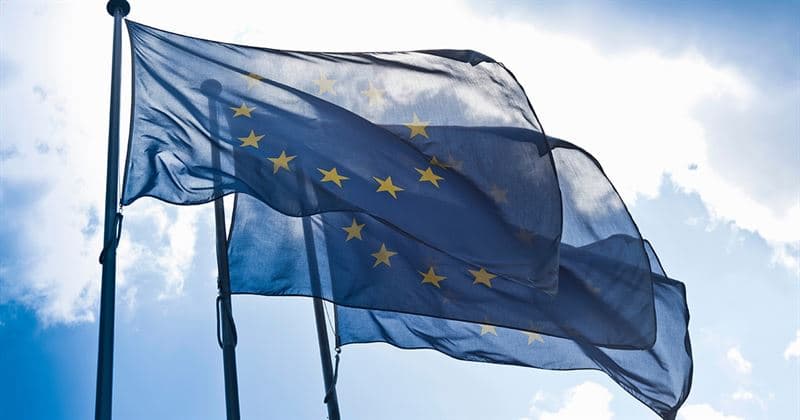On 10 March 2022, the European Parliament (EP) expressed concerns and recommendations, in the form of initiatives, directed toward the European commission. The initiatives aim at aiding the European Council’s efforts towards “VAT in the digital age”. With this, the EP attempts to expedite electronic invoicing and tax reporting throughout the European Union and ultimately influence requirements that pertain to European Union Value Added Tax (EU VAT).
European Parliament e-invoicing recommendations
The European Parliament’s recommendations for electronic invoicing include:
- Promptly establishing a harmonized, common standard for e-invoicing across the EU, preferably in 2022. The aim is to reduce costs related to the creation of dissimilar and divided e-invoicing systems across the EU;
- Establishing the significance of real-time tax reporting and e-invoicing;
- Considering the gradual implementation of obligatory e-invoicing across all Member States by 2023.
Recommendations for reducing the EU VAT gap
The EP recommends the following to reduce the VAT gap:
- Directing attention to how the VAT gap is impacted by the exemption of cross-border Union trade;
- Establishing simpler measures to comply with VAT obligations;
- Receiving data for monitoring and addressing tax fraud;
- Using e-invoice data for fraud detection.
Real-time e-invoice data to support VAT recovery
The EP believes that transaction-based real-time reporting and e-invoicing are currently among the best means of achieving the goals established by The European Commission’s VAT Directive revision proposal for 2022. In the Parliament’s view, reporting needs to be taxpayer-friendly while allowing real-time transaction oversight by tax administrations. This enables the prevention and detection of fraud and risky economic operators. Objectives for the EP include converging reporting requirements and tax forms across the Union and harmonizing e-invoice standards.
The European Parliament sees the standardized online reporting of data for cross-border Union trade as an effective means of fraud detection, preferably by using data from centralized and decentralized e-invoice processing. All current reporting requirements would be replaced by real-time access to this data. This would also significantly reduce the costs of VAT compliance, especially for small and medium enterprises. Data collection should still follow the necessary measures to ensure confidentiality compliance with all relevant and applicable data protection laws.
Get the latest news from Pagero

